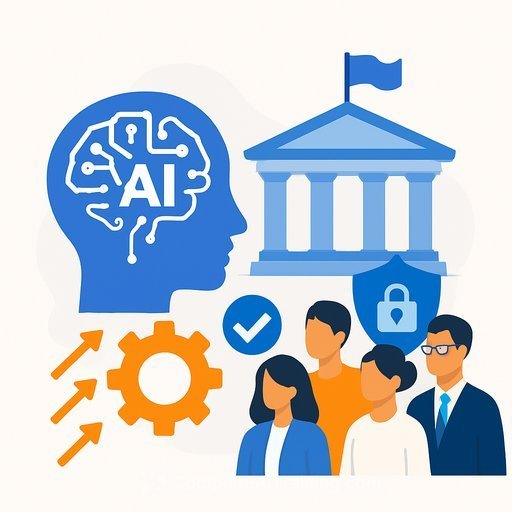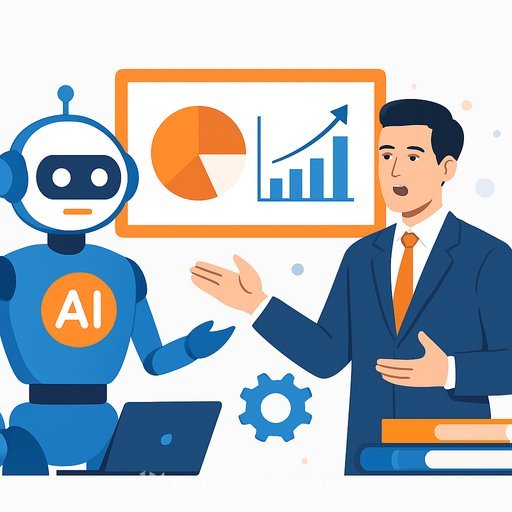Nearly Half of HR Leaders Consider Leaving Due to Emotional Toll, Yet 83% Are Optimistic About AI
The 2026 State of People Strategy Report from Lattice offers a clear snapshot of where HR stands today. Surveying over 1,000 HR leaders globally, the report outlines key priorities and challenges in human resources as teams face tighter budgets and competing demands.
Performance management and employee engagement have risen to the top of HR agendas, while AI adoption continues to grow, fueling optimism despite ethical concerns. The report also reveals a significant emotional strain on HR leaders, with nearly half considering leaving the profession.
Back to Basics: Performance and Engagement Take Priority
Performance management leads as the main focus for 40% of HR teams worldwide, closely followed by employee engagement at 39%. This shift reflects a push for measurable outcomes and accountability in HR functions.
“Performance and engagement should fuel each other,” says Stéphanie Fraise, CHRO at OpenClassrooms. “Focusing too much on one can bring short-term success but risks long-term problems.”
Regional Priorities Show Variation in DEIB and Learning
- European HR teams balance employee engagement and learning & development equally at 36% each.
- Europe also prioritizes Diversity, Equity, Inclusion & Belonging (DEIB) twice as much as the US (24% vs. 11%).
- Globally, DEIB focus has dropped from 30% in 2023 to 16% in 2026, yet 61% of HR teams with dedicated DEIB roles plan to keep them.
- Top-performing HR teams are five times more likely to prioritize DEIB.
Technology Adoption Grows Despite Generational Differences
High-performing HR teams use more specialized tools—72% employ four or more, compared to an average of three across all teams.
Generational views on technology vary:
- 53% of Gen Z actively seek new tech.
- 58% of Gen X want proof before adopting tools.
- 56% of Baby Boomers feel technology reduces human connection.
Still, 42% of white-collar HR professionals regularly use agentic AI. A combined 83% express excitement or optimism about AI outsourcing tasks, even as 61% hold ethical concerns.
Regina Ross, EVP and Chief People and Operations Officer at Opportunity Finance Network, recommends running low-risk AI pilots to identify what works and make wise investments. Beyond tech adoption, she urges HR to become strategic enablers supported by AI, rather than sidelined by it.
AI is helping managers calibrate reviews, spot bias, and streamline feedback, according to Joaquin Migliore, Director of People Experience at Superside. He likens AI’s role to a dedicated HR business partner assisting managers through performance evaluations.
Looking Ahead: Resilience and Optimism Among People Leaders
The future of HR depends on leaders who build resilient cultures, foster engagement, and maintain human connection despite change. Emerging technologies like AI are tools to extend, not replace, the human element.
By embracing AI responsibly, HR can create more space for meaningful work and clear communication. The combination of human insight and technology is shaping a new approach to people management.
For HR professionals interested in expanding their AI skills and understanding how AI can support human-centered strategies, exploring courses at Complete AI Training can be a valuable step.
Your membership also unlocks:






